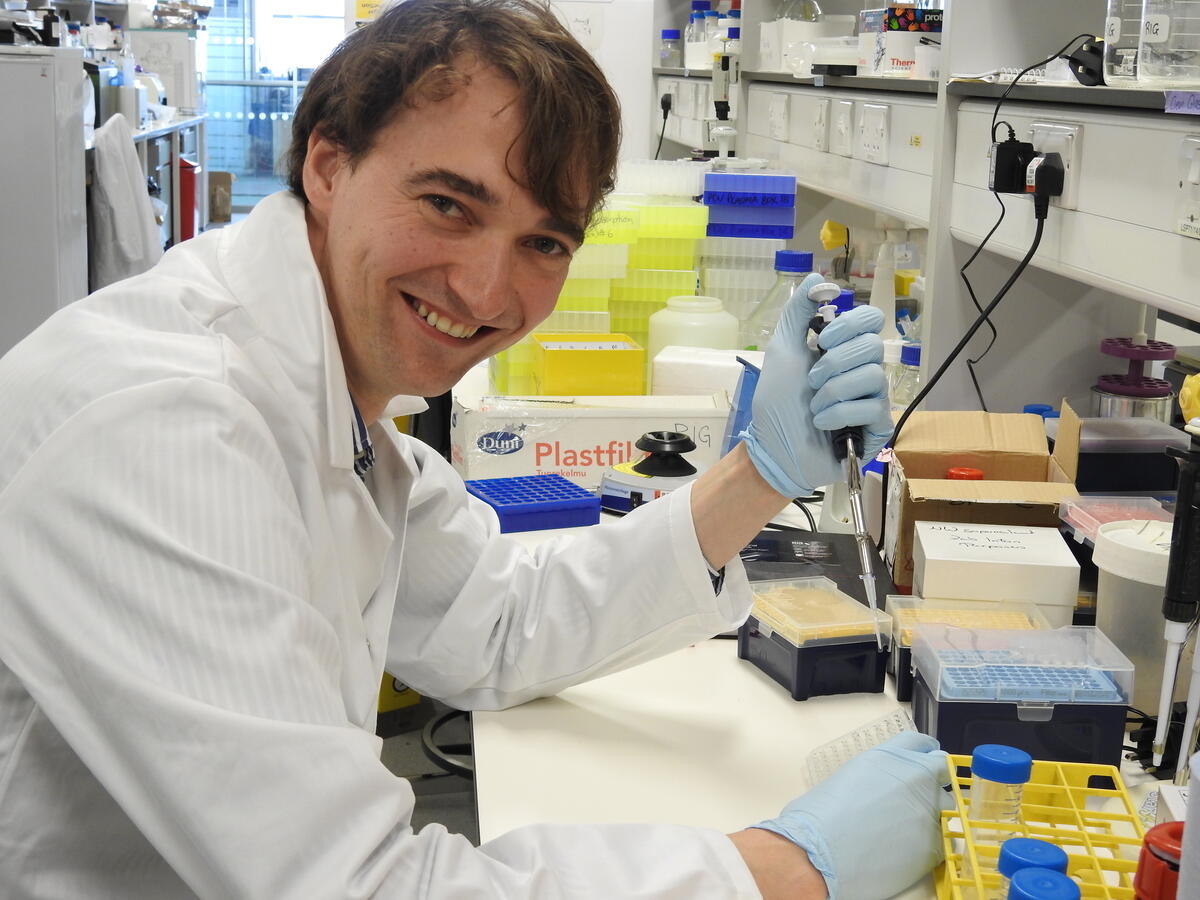
Natural mechanisms of pneumococcal control
Do nasal monocytes control pneumococcus in children as they do in adults? – Informing serotype-independent pneumococcal vaccine design
Pneumonia is the largest cause of vaccine-preventable death in children under five. A major cause of pneumonia is a bacteria called pneumococcus which commonly sits in the nose without causing illness in some people but can cause pneumonia and other infections.
Next generation vaccines need to be developed. Current vaccines only protect against 13 of the 100 types of the pneumococcus bacteria that cause pneumonia.
The main obstacle to developing new and improved vaccines is that the natural immune response that can control pneumococcus is unknown in humans.
Recently, LSTM demonstrated that a specific cell type, called ‘monocytes’, mediates the control of pneumococcus in the nose of healthy adults but it is unknown whether this natural mode of control is also present in children. This is important as vaccines are administered to children.
Throughout this project, I will investigate whether monocytes are also mediating control in young children. This would be an important step in identifying how pneumonia vaccines can be tested efficiently; increasing the speed and efficiency of the development of new vaccines.
Simon's profile can be found here